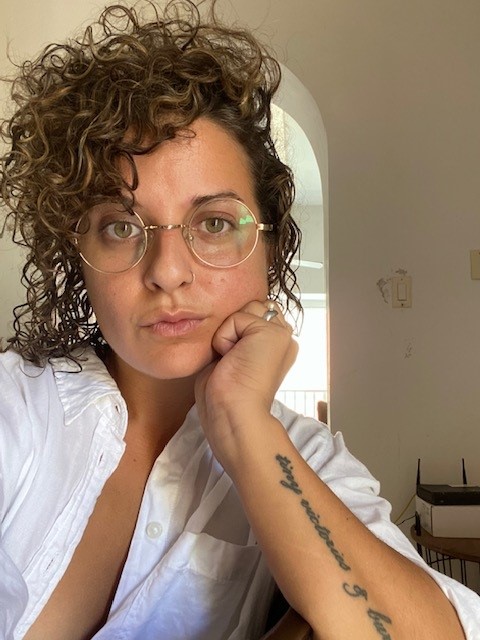A new digital radio station covering the world of food and drink, from farming to veganism and politics to poverty, has just launched.
Food FM features anyone involved in the culinary world: farmers and campaigners, chefs, entrepreneurs and writers, with the promise that all aspects of food “from the personal to the political” is of equal importance – and never more so after a year of Covid-19 and lockdown.
The station – whose headline sponsor is the IWSC – hopes to break away from the accepted thinking that food only works on radio (or TV) if there’s a strong element of glamour in the list of ingredients. Food FM’s mission statement makes it clear that it aims to be very different from the usual celebrity vehicle: “From the business and science of food to the domestic, stories are legion – from the macro to the micro… supply chains under pressure, farmers struggling to find help with the harvest, the future of the restaurant, the explosion of home baking.”


As such, you won’t find political subject matter relegated to less-popular time slots. A glance at the current schedule (the station launched at the end of last year, and is adding new broadcasts to its line-up all the time) makes clear the kaleidoscopic nature of the programming – and its willingness to tackle difficult subjects.
You might listen, for example, to Roberta d’Elia, head chef of pioneering home delivery company Pasta Evangelists, on what her grandmother taught her – and then jump to Sister Marcia and Sister Stella of the Rastafari Movement UK who have found new ways of using surplus food to help south-London families suffering from lack of nutrition during the pandemic.
From the start, Food FM aims to be global in scope, director and co-founder Karen Morris told cluboenologique.com. Programmes in the pipeline include reports from Puerto Rico by US food writer Alicia Kennedy; Foodtech Stars, a new series from Israel, home to one of the most forward-thinking food-tech ecosystems in the world; and a collaboration with the United Nations World Food Programme, with stories about its work in war-torn and famine-afflicted regions across the world. Food FM will also be reporting from international festivals and conferences such as Expo Dubai. “Wherever there is a food-focused global event, we’ll be there,” Morris said.
Programming, both domestic and international, covers every strand of the food chain. Lead presenter Arthur Potts Dawson, advocacy chef for the UN World Food Programme, has a CV which includes working with the Roux brothers and the late Rose Gray of the River Café. He is joined by industry veterans and entrepreneurs such as Coffee Republic founder Sahar Hashemi, John Shepherd of long-established Sloane Square grocer Partridges, Zoe Adjonyoh of Zoe’s Ghana Kitchen, San Francisco antiquarian culinary bookseller Celia Sack, eminent historians, anthropologists and food and drink experts.
This list also includes IWSC judge David Kermode, whose regular spot The Drinking Hour will deal with topics as diverse as sustainability, natural wine, blended whisky or single malt, and choosing the right glass.
Kermode – a former editor of BBC Breakfast – said he welcomed “heavyweight” topics and subjects that “confounded current thinking.” On the issue of plastic bottles for example, he said: “It’s counter-intuitive to find that plastic is suddenly good, but for a wine that is going to be drunk within hours of purchase, plastic is much better for the planet than glass.” He said he is looking forward to serious debate on such issues.
Food FM, then, is a very broad church. In attempting to accommodate programmes about food poverty, “deprivation and the desperate scrabble for survival”, as well as features on how airlines choose the wines for first class, it might seem an uncomfortable mix.
Not at all, Kermode says. “No one says that about newspapers. It’s perfectly possible, on the front page of The Daily Telegraph, to have an article about wine glasses as well as an item about a global catastrophe.”

As the website explains: “While there are ‘much-loved’ radio programmes such as the BBC’s The Food Programme and Farming Today, which between them command an audience of millions, or the podcasts of National Heritage Radio in New York, there is nothing of this scale of reach in terms of subject matter and audience.”
And as we begin to emerge from the other side of lockdown, it’s a subject matter that connects us globally now more than ever. As Food FM says on its website: “Food is central to our lives – for survival, for family, for the community, for celebration.”
Tune into The Drinking Hour: with David Kermode on Foodfmradio.com




